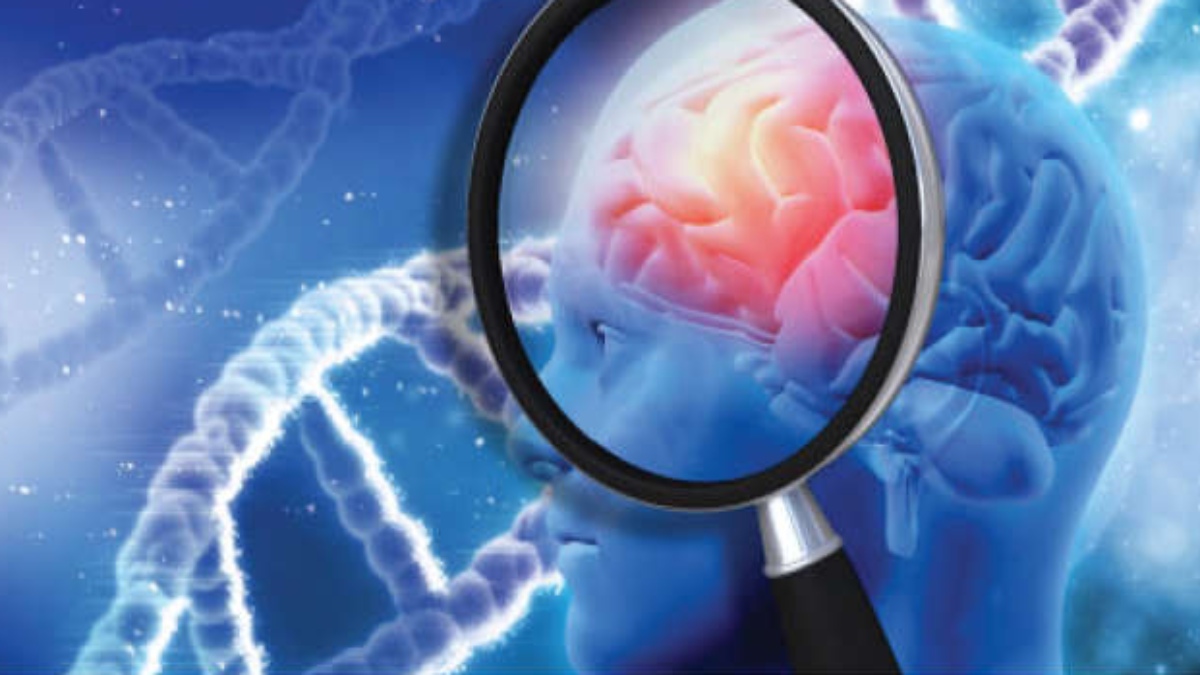


Alzheimer’s disease is an age-related neurological disease that occurs due to the progressive shrinking, damage and death (atrophy) of brain cells. Dementia too is an age-related disorder that occurs due to the damage and death of brain cells (atrophy). However, both diseases are not a part of normal ageing.
In India, an estimated 11% of people above the age of 65 years develop Alzheimer’s disease. Over 50 million people the world over have Alzheimer’s disease, of which 5.3 million are in India alone, and it is expected that the number of Alzheimer-related dementia is expected to go up to 10 million by 2040 (1 of every 27 people), as per a 2020 study on dementia.
Alzheimer’s is the most common cause leading up to dementia.
SYMPTOMS
• Deterioration in brain function manifests gradually in the manner given below. However, interestingly, the part of the brain which deals with skills like reading, appreciation of music, dancing or drawing, may deteriorate at a much later stage:
– increasing absent-mindedness,
– decreased ability to remember conversations and recent happenings,
– memory lapse, memory loss and difficulty remembering or recognising previously familiar places, people and objects,
– lack of concentration,
– difficulty in organising and articulating thoughts,
– inability to multitask,
– increasing inability to recognise numbers and dealing with bills and other such;
– graduallyfinding it increasingly challenging to accomplish daily routine tasks such as eating, bathing, and dressing.
• Social withdrawal,
• Mood disorders, apathy and depression,
• Disturbed sleep pattern,
• Delusionary behaviour
BLOOD TESTS
The progression of Alzheimer’s disease is gradual. Recent path-breaking studies indicate that the following tests can predict its onset long before the symptoms begin to appear:
•Thyroid profile (T3, T4, TSH) – to assess thyroid dysfunction: Both Hyper and Hypothyroidism have been recognised as risk factors for dementia. Both high and low levels of TSH (thyroid-stimulating hormone) are linked to AD and dementia among women, but not men.
•Vitamin B12 test (methylmalonic acid (MMA) blood test) –Low levels are associated with brain shrinkage and brain cell atrophy.
•Vitamin D test (25-hydroxyvitamin D) – Vitamin D is essential for the absorption of calcium, magnesium, phosphate, zinc and iron in the body and acts as a hormone on its own while encouraging healthy hormone secretion. Low Vitamin D levels increase the risk of AD by 50%, while severe deficiency increases the risk by 125%.
•IRS-1 protein – (IRS-1 proteinis critical in insulin signalling in the brain and is found to be defective in Alzheimer’s patients). Insulin resistance is the most vital factor for Type 2 Diabetes, and research studies are afoot to prove the strong link between T2DM and AD with absolute certainty. AD has been termed as Type 3 Diabetes by many experts.
•APOE4 protein – DNA evaluation ascertains the presence of APOE4 protein in AD patients, especially where genetics is a major cause (as in young-onset AD). It is found to be absent in patients who are not afflicted by AD.
•Testing of microRNAs – Testing of microRNAs in the blood and brain, which has an 87% accuracy in predicting dementia.
NEUROLOGICAL HEALTH EVALUATION
The doctor may ask the patient to carry out some physical activity (e.g. walking from one point to another, draw a chair, sit down, stand up, respond to sounds, solve a quiz or solve mathematical questions requiring dealing with numbers, logic, etc.) to assess the following:
•Tests involving physical movement
– Muscle tone, strength, coordination and reflexes
– Hearing and vision evaluation
– Physical balance
•Tests to assess cognitive decline and mental health
– Level of memory skills: remembering recent conversations, recognising people, places and objects, etc.
– Coherence and flow of thought
– Articulation and decision-making skills
– Depression and mood swings
– Social interaction levels
BRAIN FUNCTION TESTS
•MRI (magnetic resonance imaging) of the brain to detect brain shrinkage.
•CT (computerised tomography) scan of the brain to detect abnormalities caused by a previous trauma due to brain injury, stroke, or tumour.
•PET (positron emission tomography) scan helps indetermining the pattern of brain degeneration and poor nutrient metabolisation, beta-amyloid clusters and tau tangles. However, many times, the full picture of beta-amyloid plaques and tau tangles in the brain, which are a major cause of Alzheimer’s can be fully ascertained as the definite cause, only after the patient’s death.
The writer is Lab Director at Lifeline Laboratory.